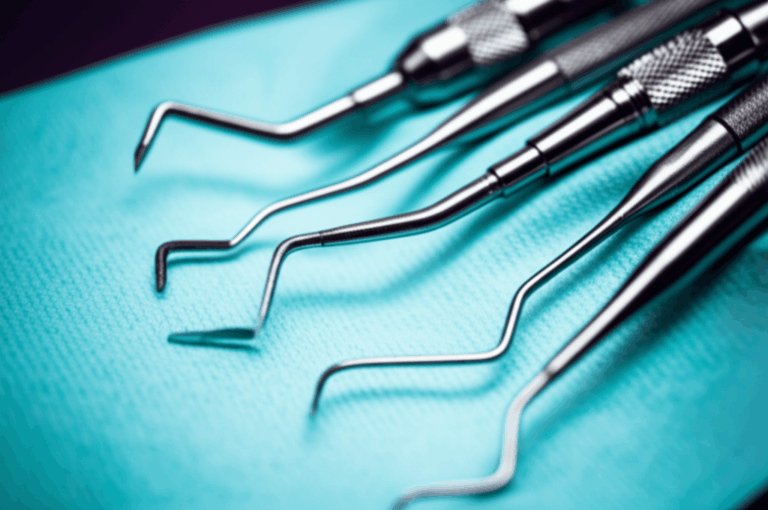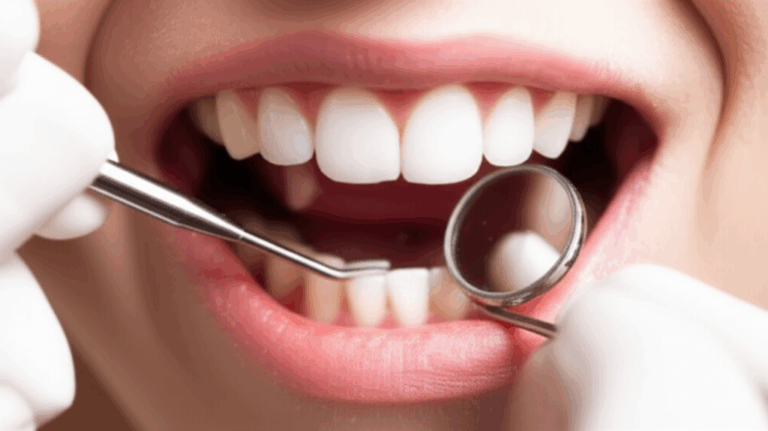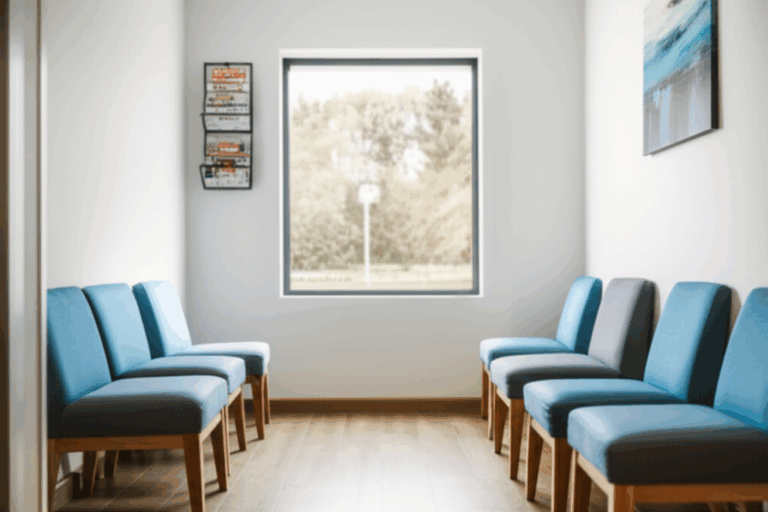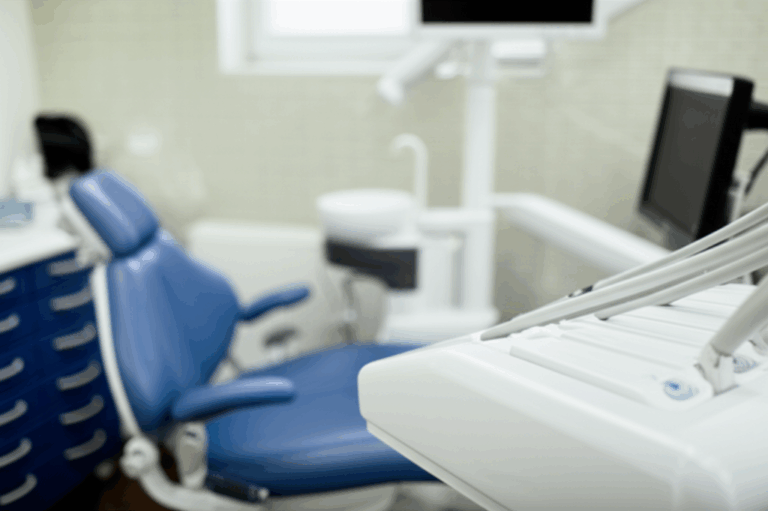
Why Are So Many People Scared of Dentists? Unpacking Dental Anxiety and Phobia
Table of Contents
Introduction: The Widespread Reality of Dental Fear
I’ll be honest—when I first started writing about being afraid of the dentist, I thought I was one of the few. But I quickly found out I wasn’t alone. Being nervous or even scared about the dentist is really common and affects adults all over the world. It can be small, like just feeling uneasy before a cleaning, or as big as full-on dental phobia, where just thinking about the dentist makes you panic.
Defining Dental Anxiety and Odontophobia
From what I’ve seen, there’s a big difference between just being a little anxious and having a real dental phobia. Slight anxiety means I might feel on edge before my appointment, get sweaty hands, or notice my heart beats faster. Odontophobia is something else. It’s a deep fear that can keep people from seeing the dentist for years. Studies show about 36% of people have some form of dental anxiety, and around 12% have strong dental phobia. That’s a lot of people—enough to fill huge cities—who are scared of going to the dentist.
Why Understanding This Fear Matters
If you’ve ever stayed away from the dentist because you were scared, you’re not alone. I remember making excuses to skip checkups, but it caught up with me. Being anxious about the dentist isn’t just about feeling scared; it can cause real problems like cavities and gum issues, and even worse problems down the road. When you know why you’re scared, it’s a little easier to face it—and maybe even start beating it.
The Deep Roots of Dental Fear: Primary Causes
Being scared of the dentist isn’t some weird thing. Most of the time it starts from real things that happened or makes sense for a normal person to feel. From my own time at the dentist and from reading up on this, I’ve seen lots of reasons for this fear. Let me walk you through the main ones.
Traumatic Past Experiences
My first bad dentist memory was when I was a kid. Maybe you had a dentist who was rough or didn’t bother to tell you what was happening. Research says about 80% of people with strong dental worry can link it to something that went wrong, usually when they were young. For me, it was a sore filling—no warning, no calming, just loud sounds and pain.
Bad moments like these don’t really go away. They hang over our next trips to the dentist, even if we find a super nice dentist later on. Our minds remember that pain and want to keep us safe from it happening again.
Fear of Pain and Discomfort
Let’s be real, sometimes work on your teeth can hurt. Even though dental technology is better now (stuff like digital dental lab makes things more accurate), most people still fear pain. I was always scared of needles and the sound that drill makes.
Here’s the strange thing: just expecting pain can be as bad as actually feeling it. Surveys show that fear of pain—especially things like shots—bothers up to 80% of nervous patients. If you tense up just thinking about a needle, you’re definitely not the only one.
Loss of Control and Helplessness
One thing that always bugged me at the dentist is how helpless I felt. They tilt you back, your mouth is open, and you can only make weird hand signs or mumble. Lots of people, even if they aren’t nervous usually, suddenly feel really vulnerable. If you’ve ever felt stuck or helpless at the dentist, that’s totally normal.
Embarrassment and Shame
Talking about teeth can feel awkward—especially if you’re worried about bad breath, cavities, or yellow teeth. When I skipped appointments, embarrassment was a big part of it. I was scared they’d shame me for not flossing or taking good care. Turns out, I’m not the only one. Fear of being embarrassed or judged keeps a lot of people away from the dentist.
Sensory Overload: Sounds, Smells, and Sights
When you walk into a dentist’s office, it’s a lot. There’s the loud buzz of the drill, the whoosh of the suction, and the weird, clean smell. These things alone can make some people anxious. I know folks who flinch just hearing a drill even on TV!
Just seeing those sharp tools lined up by the chair can freak people out. Overwhelming sights, sounds, and smells are a big part of why dental visits can seem scary.
Gag Reflex and Choking Fears
I gag easily, and I didn’t realize just how many people worry about this. Being afraid you’ll gag or choke on tools or water is more common than you think. It’s not just uncomfortable—it can make someone skip the dentist altogether.
Fear of the Unknown
There’s nothing like not knowing what’s coming to make you nervous. Not being sure if something will hurt or even what the dentist is looking for can be scary. If the dental team doesn’t explain things well, you might start imagining the worst.
Learned Behavior and Social Influence
I grew up around adults who hated the dentist. At first, I thought they were exaggerating. But it turns out kids often learn to be scared because the people around them are scared, too. Hearing scary stories from family, friends, or even from TV can set you up to be nervous long before your first checkup.
The Impact of Dental Fear: More Than Just Discomfort
It’s easy to say being scared of the dentist is just nerves, but avoiding the dentist can mess up a lot more than just your teeth. I’ve learned from both my own life and experts that staying away from the dentist can cause real trouble.
Avoidance and Worsening Oral Health
It’s really tempting to just skip your appointments when you’re afraid. I did it a few times. You feel better at first, but not for long. Cavities get bigger, gums swell up, and things just get worse. Studies show that people who are really scared of the dentist have more missing or bad teeth and bad gums that don’t get better.
Systemic Health Consequences
Looking after your teeth isn’t only about looks. Gum disease, for example, is linked to heart disease, diabetes, and trouble in pregnancy. By not seeing the dentist, I wasn’t just risking my teeth—I was risking my whole body. Research is clear: your mouth is the doorway to your health, and problems in your mouth can affect the rest of you.
Psychological and Emotional Toll
Not going to the dentist can mess with your mind, more than you’d think. I used to get really worried the days before an appointment, even one I canceled. This starts a cycle of feeling guilty, embarrassed, and not good about yourself. Studies say this stress is real: dental problems can cause a lot of worry and lower your confidence.
Recognizing Dental Anxiety: Symptoms and Signs
Before I knew I was anxious about dentists, I couldn’t really explain why it bothered me so much. If you’re not sure if your nerves count as anxiety, here’s what I’ve noticed in myself and others.
Physical Symptoms
My first sign was always sweaty hands, but I’ve also felt:
- Fast heartbeat
- Upset stomach or nervous feeling
- Tight or sore jaw and shoulders
- Feeling dizzy or lightheaded
Lots of people get these just thinking about the dentist, not even when they’re there yet.
Emotional and Behavioral Signs
Dental anxiety doesn’t just show up in how you feel—it’s how you act. I’ve lost sleep before appointments and made excuses to cancel at the last minute. Sometimes, the panic was so bad I’d almost have an anxiety attack in the parking lot. If you’ve felt this way before, it’s much more common than you’d think.
Taking the First Step: Acknowledging and Addressing Fear
The first step in beating dental anxiety is to admit it—even if it’s just to yourself. I ignored it for years, thinking I was just being silly. But once I finally said it out loud, things started getting a bit better.
Importance of Open Communication
Everything changed when I finally told my dentist I was nervous. A good dentist will listen and not judge. I learned to ask for things to be explained, to take breaks, and to talk about what made me comfortable. Just speaking up made such a big difference.
Seeking a Compassionate Dental Team
Not all dental offices are the same. Some are kind and really care about nervous patients. I found that going to a practice used to helping anxious people made everything easier. Being kind, patient, and having a calm place to sit can make an appointment go from awful to okay.
If you need special dental work like crowns, bridges, or dentures, it can help to go somewhere that works with a trusted crown and bridge lab or removable denture makers. Good labs can mean better results and more trust.
Understanding Available Options
I thought for a long time you just had to push through the fear. Then I learned about things like sedation dentistry, playing music to distract myself, and breathing slowly. Sedation really works—studies say 70–80% of anxious patients finally get care when there’s an option like laughing gas or conscious sedation. For some people, therapy (like CBT) helps rewire their thinking and calms down the fear for good.
A helpful dental team will explain what’s available and help you pick what’s right, without rushing you. Sometimes, using new tech—like stuff from digital dental labs—makes things go quicker and hurts less, which helped me feel better about getting care.
Conclusion: Breaking the Cycle of Dental Fear
If you only remember one thing from my story, let it be this: Being afraid of the dentist is normal. You don’t need to “suck it up” or feel embarrassed. Millions of people feel the same way. The best thing I learned is to go easy on yourself for being scared—and then do something small about it.
Whether that’s talking honestly with your dentist, finding a gentle practice, or checking out new ways dentistry is changing, you are in charge. Facing my fear didn’t make it all go away at once, but it did get better with time—and life really is easier with a healthy smile.
If you want to know about fixing up your teeth, you could look into new work from a dental ceramics lab. These things helped me learn what new dentistry can do to make patients feel better.
Take a deep breath. You’re not on your own, and things really can get better—just one small step at a time.








